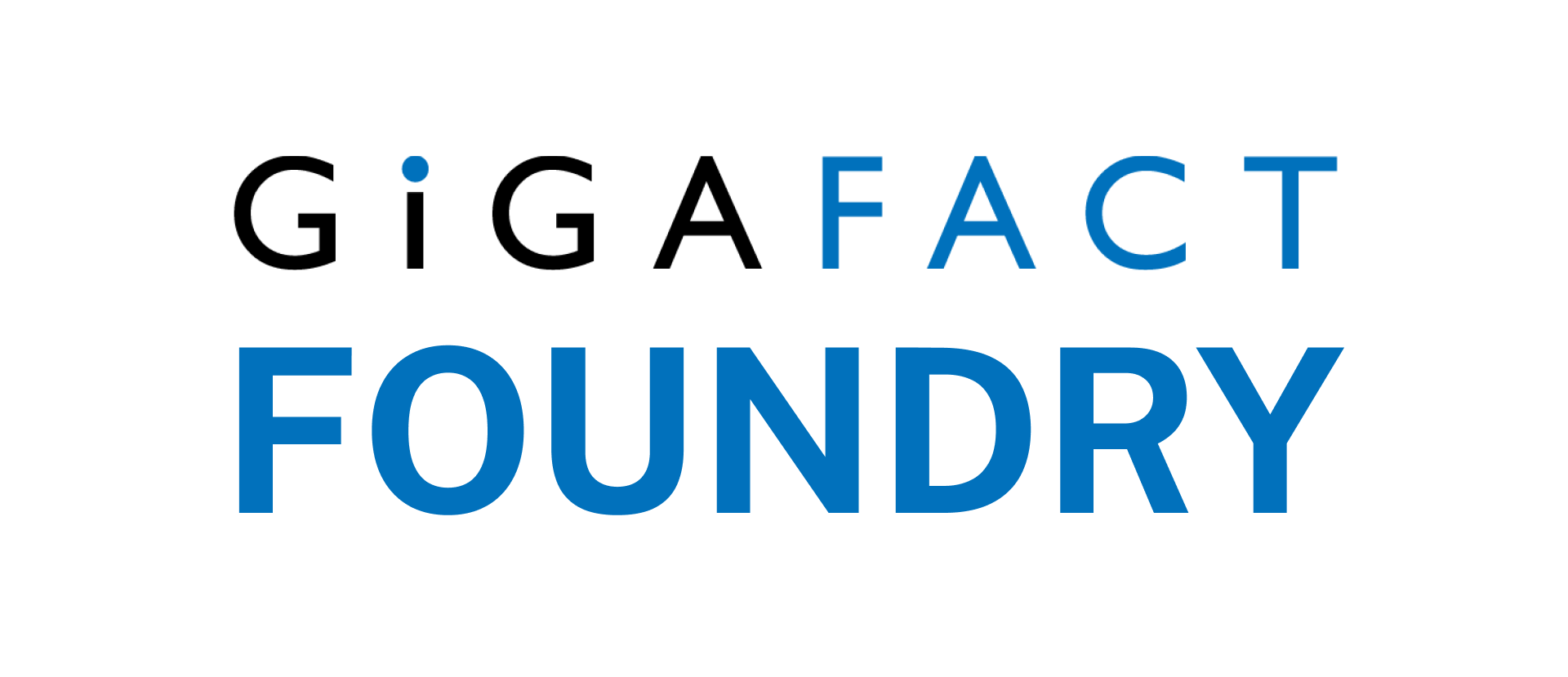Friday, Jun. 10, 2022
Have previous restrictions on assault weapons reduced mass-shooting deaths?
Drops in mass-shooting deaths have followed earlier bans on assault weapons bans in the U.S. and abroad.
In the U.S., during a 1994-2004 ban on semiautomatic rifles and magazines accommodating more than ten rounds of ammunition, mass-shooting deaths were 70% less likely to occur than at any other time between 1987 and 2017, according to a study published in the Journal of Trauma and Acute Care Surgery. Authors noted that assault rifles were responsible for nearly 86% of such deaths over the time period. Northwestern Medicine found that the ban would have prevented 339 deaths and 1,139 injuries from mass shootings if Congress hadn't let it expire.
After Australia's 1996 Port Arthur massacre, which was committed with an AR-15, the country implemented a mandatory gun buyback program that reduced mass shootings along with female homicide victimization, according to RAND Corp.
Britain and New Zealand also implemented assault weapons bans following mass shootings, resulting in lower rates of gun violence.
This fact brief is responsive to conversations such as this one.
Sources
- National Library of Medicine Changes in US mass shooting deaths associated with the 1994-2004 federal assault weapons ban: Analysis of open-source data
- Northwestern University Assault weapon ban significantly reduces mass shooting
- RAND The Effects of the 1996 National Firearms Agreement in Australia on Suicide, Homicide, and Mass Shootings
- New York Times Other Countries Had Mass Shootings. Then They Changed Their Gun Laws.
- ABC (Australia) Joe Biden says mass shootings rarely happen outside the US. What have other countries done that America hasn't?
About fact briefs
Fact briefs are bite-sized, well-sourced explanations that offer clear "yes" or "no" answers to questions, confusions, and unsupported claims circulating online. They rely on publicly available data and documents, often from the original source. Fact briefs are written and published by newsrooms in the Gigafact network.
See all fact briefs
Between 2020 and 2022, under close editorial supervision, Gigafact contracted a group of freelance writers and editors to test the concepts for fact briefs and provide inputs to our software development process. We call this effort Gigafact Foundry. Over the course of these two years, Gigafact Foundry writers published over 1500 fact briefs in response to claims they found online. Their important work forms the basis of Gigafact formats and editorial guidelines, and is available to the public on Gigafact.org. Readers should be aware that while there is still a lot of relevant information to be found, not all fact briefs produced by Gigafact Foundry reflect Gigafact's current methods and standards for fact briefs. If you come across any that you feel are out of date and need to be looked at with fresh eyes, don't hesitate to contact us at support@gigafact.org.
Learn MoreLatest Fact Briefs
Is there a scientific consensus that life begins at conception?
Thursday, Aug. 4, 2022
Do countries around the world subsidize fossil fuels?
Wednesday, Aug. 3, 2022
Is the repeal of Roe v. Wade expected to increase the maternal death rate?
Wednesday, Jul. 27, 2022
